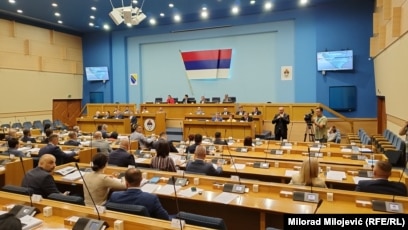Centre Drafts Rules for Uniform IST Adoption
The Government of India has introduced new rules to standardise timekeeping across the nation. The draft legislation mandates the exclusive use of Indian Standard Time (IST) for all official and commercial activities. This initiative aims to enhance precision in timekeeping, especially in critical sectors like telecommunications and banking. The Consumer Affairs Ministry has invited public feedback on these rules.
Overview of Indian Standard Time (IST)
- Indian Standard Time (IST) is the official time zone for India, set at UTC+05:30.
- IST was first adopted on 1 January 1906, during British rule.
- It replaced local time zones like Madras Time.
- After India gained independence in 1947, IST was established as the national standard.
- The time reference is calculated from the meridian at 82°30’E near Mirzapur.
Key Provisions of the New Rules
- The proposed rules prohibit any time references other than IST in legal, administrative, and commercial contexts.
- All government offices must display IST prominently.
- Time-synchronisation systems will be required to ensure accuracy and security.
Importance of Standard Timekeeping
Accurate timekeeping is vital for various sectors. In banking, it ensures synchronized transactions. In defence, precise timing is crucial for operations. The government aims to improve national infrastructure by adopting IST as the sole time reference. This will enhance reliability across multiple sectors, including emerging technologies.
Challenges and Criticism
- India’s vast geographical expanse results in time discrepancies.
- The eastern states experience sunrise nearly two hours earlier than the western regions.
- Past proposals to create multiple time zones have been met with resistance.
- Critics argue that a unified time system may not serve the diverse needs of the population.
Future Prospects and Developments
The government continues to explore the feasibility of multiple time zones. In recent years, discussions have emerged regarding an Eastern India Time (EIT) to accommodate the northeastern states. The Department of Science and Technology is reviewing these proposals. However, IST remains the only officially recognised time zone for now.
Collaboration for Time Management
The Department of Consumer Affairs is working with the National Physical Laboratory and the Indian Space Research Organisation (ISRO) to develop a robust time generation and dissemination mechanism. These collaborations aim to enhance the accuracy and reliability of IST across various sectors.
Month: Current Affairs - January, 2025
Category: Legal & Constitution Current Affairs








